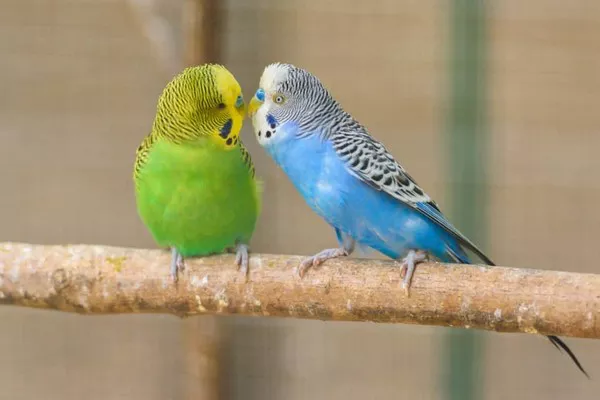Turtles, the enigmatic reptiles that have roamed the Earth for millions of years, continue to captivate our curiosity. One intriguing aspect of these fascinating creatures is the structure of their mouths. Are turtles equipped with beaks, similar to their avian counterparts, or is there a different anatomical feature at play?
Evolutionary Marvel: Turtle Diversity
Turtles represent an astonishing array of species, each adapted to its unique ecological niche. From the sleek sea turtles gliding through the ocean currents to the slow-moving terrestrial turtles found in various habitats, the diversity within the Testudines order is remarkable. Despite these differences, one commonality unites them – the presence of a distinctive mouth structure.
The Anatomy of Turtles
Examining the anatomy of turtles reveals a specialized set of features, with their jaws and mouths being particularly interesting. Unlike many other reptiles, turtles boast a bony beak-like structure covering their jaw, creating a distinctive appearance. This feature has sparked the debate about whether it qualifies as a true beak or if it serves a different purpose.
The Beak Debate: Scientific Perspectives
Scientifically, the term “beak” is commonly associated with birds, known for their pointed and often rigid mouth structures. When it comes to turtles, the debate arises from the fact that their beak-like structures are made of bone, not keratin, which forms the beaks of birds. Some argue that this difference disqualifies turtles from possessing true beaks, while others contend that the functional similarity warrants the use of the term.
Adaptations for Diet: Herbivores, Carnivores, and Omnivores
The diversity in turtle diet further adds complexity to the beak debate. Turtles display a range of feeding habits, with some being herbivores, others carnivores, and many occupying the omnivorous spectrum. The beak, or beak-like structure, plays a crucial role in their feeding strategy, allowing them to efficiently grasp, tear, and consume a variety of foods. Understanding this adaptation sheds light on the significance of the beak in the lives of turtles.
See Also: Does Jellyfish Make Turtles High?
Shell and Beak Synergy
One cannot delve into the discussion of turtle anatomy without acknowledging the symbiotic relationship between their beaks and shells. The protective shell, a defining characteristic of turtles, complements the beak in safeguarding vital organs. This dynamic duo has evolved in concert, offering turtles a unique survival advantage that has contributed to their longevity on Earth.
Aquatic vs. Terrestrial Turtles: Beak Variation
Exploring the distinction between aquatic and terrestrial turtles reveals intriguing variations in their beak structures. Aquatic turtles, such as the snapping turtle, often possess powerful, robust beaks designed for capturing and consuming prey in water environments. On the other hand, terrestrial turtles, like the desert tortoise, may exhibit more compact and adapted beaks suited for a herbivorous diet. These variations highlight the adaptability of turtles to diverse ecosystems.
Age and Beak Development
The development of a turtle’s beak is a fascinating aspect often linked to its age. Juvenile turtles may exhibit different beak structures compared to their adult counterparts. As turtles mature, their beaks may undergo changes, reflecting adaptations to their evolving dietary needs. Understanding this aspect of beak development provides valuable insights into the life cycle of turtles.
Conservation Implications: Protecting Turtles and Their Beaks
As we unravel the mysteries of turtles and their beaks, it becomes imperative to consider the conservation implications. Human activities, ranging from habitat destruction to pollution, pose significant threats to turtle populations worldwide. Recognizing the importance of preserving these creatures and their unique anatomical features underscores the need for concerted conservation efforts.
Conclusion: Embracing the Diversity of Turtle Beaks
In conclusion, the debate over whether turtles have beaks may hinge on the technicalities of anatomy, but what remains indisputable is the significance of their mouth structures in their survival. From the murky depths of oceans to the arid landscapes of deserts, turtles continue to thrive, their beaks playing a vital role in adapting to diverse environments. Embracing the complexity of turtle beaks adds another layer to our appreciation of these remarkable reptiles, encouraging us to delve deeper into the wonders of the natural world.
Related Topics:
Are bog turtles on the verge of extinction?
What to do if your turtle won t eat?
Why does the turtle shrink its head?
























